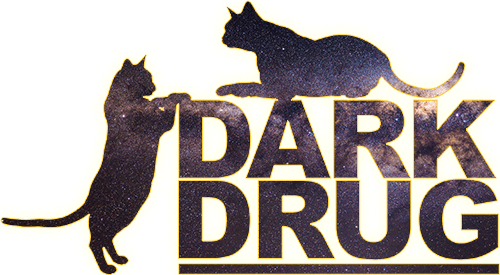Snakebite envenoming poses a persistent threat to public health. The World Health Organization recognizes it as a neglected tropical disease, responsible for over 100,000 deaths annually and leaving another 300,000 individuals with permanent disabilities.In groundbreaking research, scientists have turned to de novo designed proteins as a novel approach to counteract these venom toxins. Using deep learning methods, researchers have successfully created protein designs that demonstrate potential as next-generation antivenom therapeutics.














